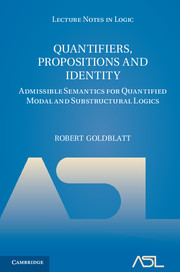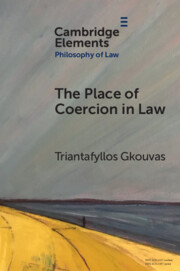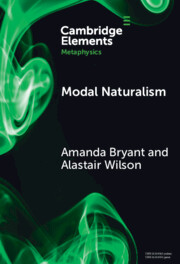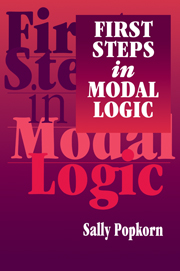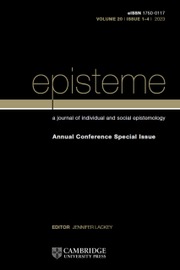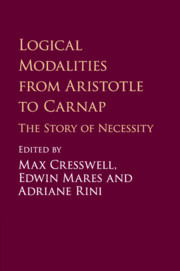The World-Time Parallel
Is what could have happened but never did as real as what did happen? What did happen, but isn't happening now, happened at another time. Analogously, one can say that what could have happened happens in another possible world. Whatever their views about the reality of such things as possible worlds, philosophers need to take this analogy seriously. Adriane Rini and Max Cresswell exhibit, in an easy step-by-step manner, the logical structure of temporal and modal discourse, and show that every temporal construction has an exact parallel that requires a language that can refer to worlds, and vice versa. They make precise, in a way which can be articulated and tested, the claim that the parallel is at work behind even ordinary talk about time and modality. The book gives metaphysicians a sturdy framework for the investigation of time and modality - one that does not presuppose any particular metaphysical view.
- First ever book-length study of the parallel
- Establishes the importance and use of logic in understanding what is at stake in the metaphysics of time and modality
- Starts at the beginning, and is essentially self-contained
Reviews & endorsements
'… Rini and Cresswell offer an account of various kinds of propositions as sets of indices, and look at the possibility that truth at an index can be given an analysis in terms of a primitive notion of actual present truth … [they] present an indexical semantics for temporal operators, and a parallel indexical semantics for modal operators … [they] show how to provide a semantics in terms of times and worlds for a tense and modal predicate language.' George Lăzăroiu, Review of Contemporary Philosophy
'The book is rich with careful detail. It is full of places where various confusions are cleared away.' Philosophy in Review
Product details
September 2013Paperback
9781107691605
280 pages
229 × 152 × 16 mm
0.42kg
Available
Table of Contents
- Preface
- Introduction
- Part I. Truth and Indexicality:
- 1. Semantical indices
- 2. Philosophical entities
- 3. Situated truth
- 4. The privileged position
- Part II. Predicate Logic: Tense and Modal:
- 5. A formal language
- 6. The non-existent
- 7. Multiple indexing
- 8. Time and world quantifiers
- Part III. Times and Worlds, or Tense and Modality?:
- 9. Primitive modality and primitive tense
- 10. 'Modalism' and 'tensism'
- 11. The present and the actual
- 12. Utterances
- 13. Relativity
- Part IV. De Rerum Natura:
- 14. Individuals and stages
- 15. Predicate wormism
- 16. Abstract and concrete
- 17. Supervenience
- Appendix 1. The equivalence of Lmulti, Lxtw and Li
- Appendix 2. Language and metalanguage
- Appendix 3. Plantinga's metaphysics
- Appendix 4. Interval semantics
- Appendix 5. Fatalism and the world-time parallel (with H. Kocurek)
- Bibliography
- Index.


